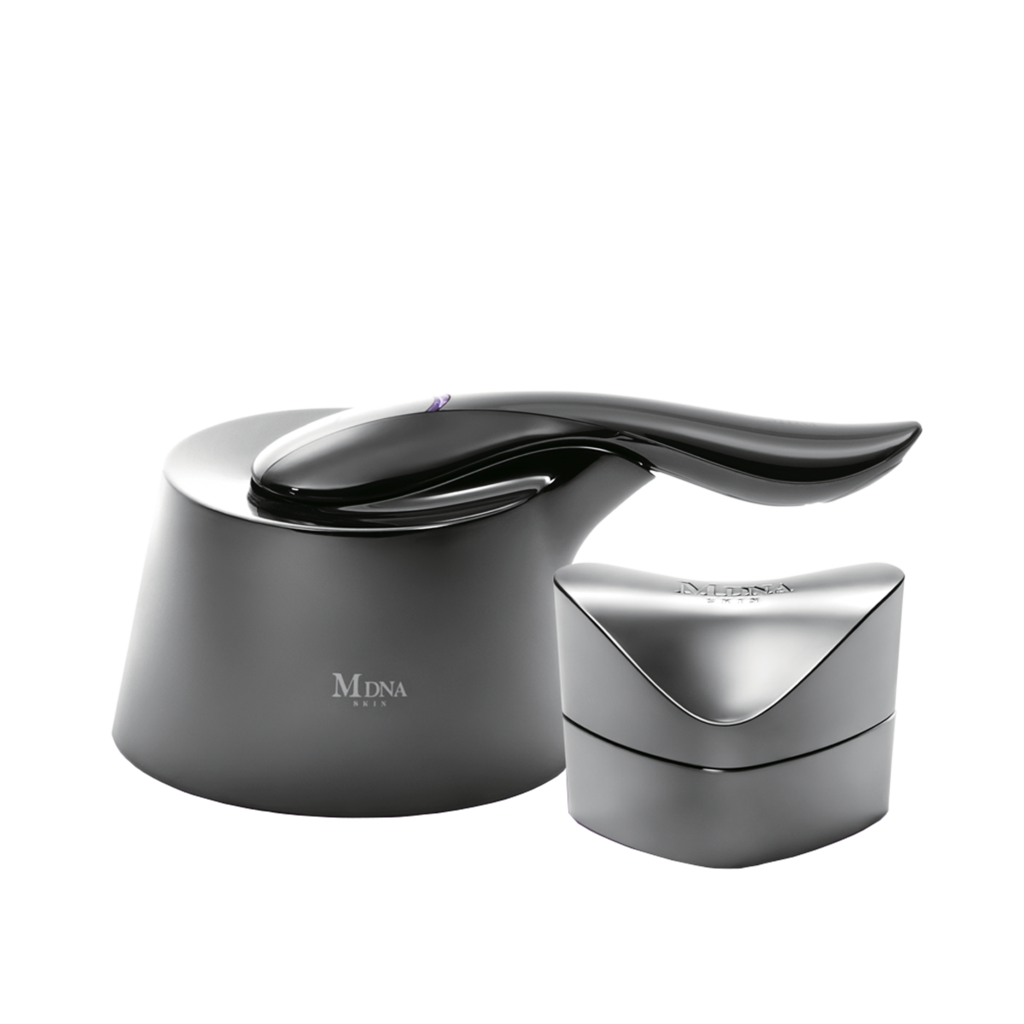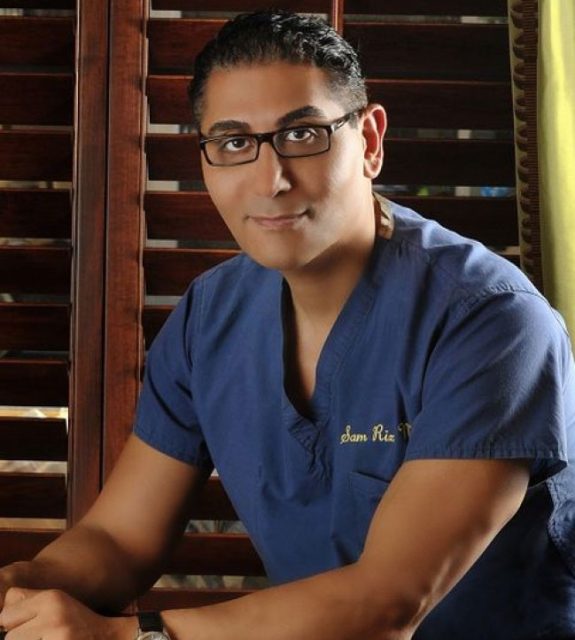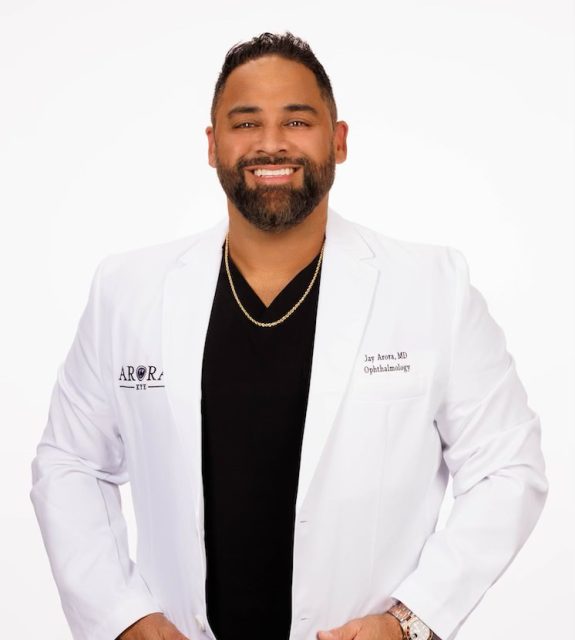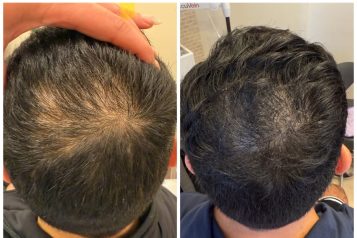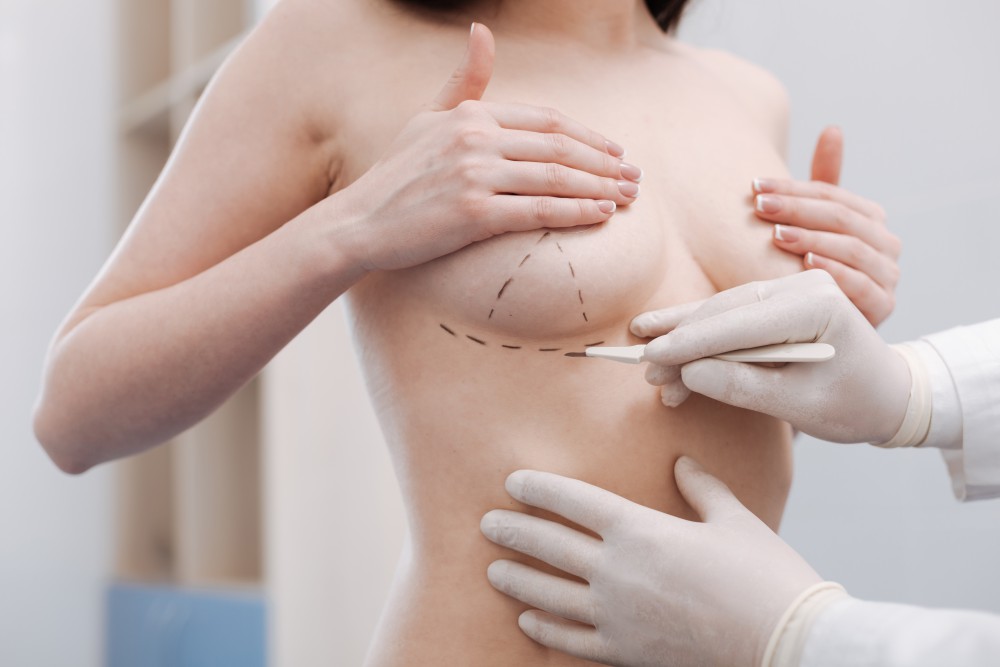
Breast reconstruction surgery has become a common procedure amongst those suffering from cancer diagnosis, and other similar prognosis. Ivy-League educated Dr. Aviva Preminger chatted with Haute Beauty to discuss the breast reconstruction procedure, which patients quality, how to prepare for the surgery and more.
Describe the breast reconstruction procedure?
There is no one breast reconstruction procedure. These days, patients have several options depending on their cancer diagnosis, body habitus, and expectations/wishes. For example, some patients elect or require a lumpectomy with what we call an oncoplastic breast reduction to lift the breast and fill the defect. Other patients elect or require a mastectomy for which the reconstruction can be implant based or autologous which means their own tissue can be used for reconstruction.
Which patients qualify?
Thin patients with small breasts that are not ptotic (do not sag) are good candidates for implant based reconstruction and may qualify for a nipple sparing mastectomy. Patients with extra abdominal, buttock, or thigh tissue may be good candidates for autologous reconstruction with a flap made from their own tissue. Patients who elect a lumpectomy and have larger breasts may be good candidates for an oncoplastic breast reduction. For all of these options, the process must be coordinated with a breast surgeon. The breast surgeon will make recommendations for how the patient’s cancer should best be addressed and then the plastic surgeon and breast surgeon can coordinate a plan for removal of the cancer and reconstruction. What the breast cancer surgeon needs to do (based on tumor size and location) may determine what options are available to the patient for reconstruction.
How should patients prepare for the surgery?
Patients need to see their breast surgeon first and the surgery needs to be coordinated between their breast surgeon who performs the cancer part of the procedure and their plastic surgeon. Patients should be off all nicotine products to avoid healing issues and should make sure they are eating healthy foods that help with the healing process. I always recommend making sure they are taking in enough protein and iron.
How long is the recovery process?
It depends which procedure they have done. Many types of breast reconstruction procedures have multiple stages but the first stage usually involves a 4-6 week recovery. The ideal situation is a single staged reconstruction with a nipple sparing mastectomy, but not everyone qualifies for this. If a patient is having a mastectomy, a hospitalization may be required, however subsequent stages are usually performed as an outpatient.
Are there any follow-up procedures necessary?
Depending on the type of reconstruction, there may be multiple stages which require regular follow ups with a plastic surgeon. They also need to follow up with their breast surgeon for regular cancer screening.








